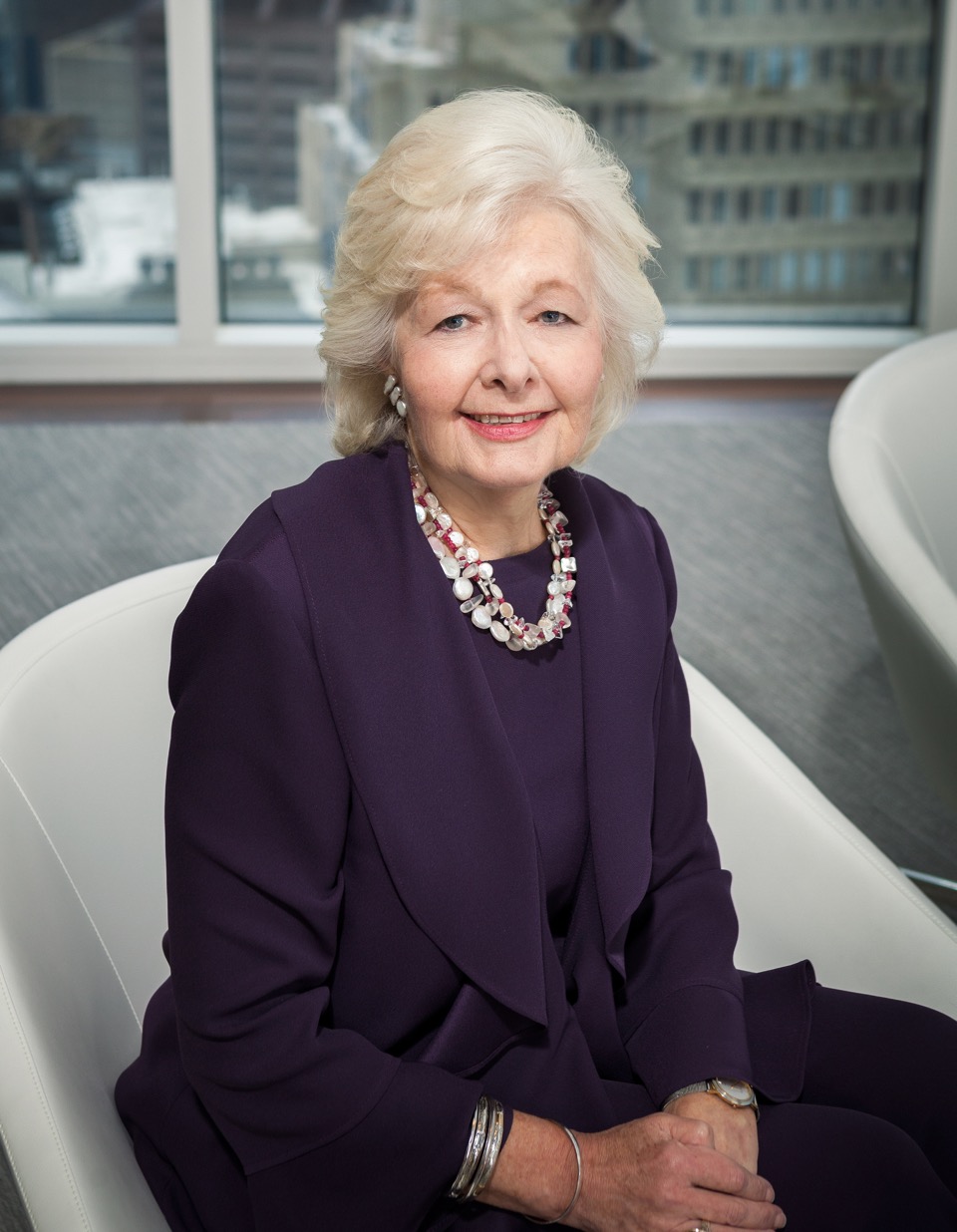
News
Summers Will Not Finish Semester of Teaching as Harvard Investigates Epstein Ties

News
Harvard College Students Report Favoring Divestment from Israel in HUA Survey

News
‘He Should Resign’: Harvard Undergrads Take Hard Line Against Summers Over Epstein Scandal

News
Harvard To Launch New Investigation Into Epstein’s Ties to Summers, Other University Affiliates

News
Harvard Students To Vote on Divestment From Israel in Inaugural HUA Election Survey
The Danger of Believing in Futility

Fifty years ago, plus two, I sat where you are sitting today. Well…I sat at a graduation ceremony across the globe, at my “whites only” university in Johannesburg, South Africa. This was at the height of the white apartheid government’s oppression of black South Africans. Nelson Mandela, the greatest statesman of our time, had recently been convicted, narrowly escaping the imposition of the death penalty, but sentenced to life imprisonment on a remote island, banished forever. Countless other South African political figures were jailed, some executed.
Twenty-six years after the release of Nelson Mandela from his almost three decades of imprisonment, it will be difficult for you to imagine what South Africa was like when I was a university student there in the 1960's. Many of my teachers and my friends were jailed, tortured, or forced to leave the country, often because of the views they held and the ideas they expressed. Books, the press, were censored, heavily. There was no television: the apartheid government could not tolerate “foreign” ideas. Far, far worse, women and men were treated as sub-human simply because of the color of their skin. The blindness of white South Africans to apartheid was banal, quotidian.
In 1962, I received a high school scholarship to study in the United States. I returned to South Africa with my eyes opened, opened by a year of experiencing the freedoms we too often take for granted. But back in South Africa, I now felt hopeless, impotent, caught in a juggernaut of evil, and hatred, and oppression.
With opposition political parties outlawed, universities remained one of the few places of political protest. Universities always are. I could join others and raise my student voice. I traveled throughout South Africa, speaking and organizing against apartheid. Campuses were hardly safe havens. Professors and students who confronted the apartheid regime could be, were, spirited away in the middle of the night by the dreaded security police, jailed, or banished to remote areas. Although I violated no law, I came to fear a knock on the door in the middle of the night... to know that if the government arrested or banned me, as it had so many other student leaders, no court could or would protect me.
Were we protesting students making a difference, making any real difference to end apartheid? The heavy boot of the apartheid government continued to crush its opponents, ruthlessly. The government grew stronger, its economy more robust, its military capabilities unrivalled on the African continent. How insignificant, how useless, our small protest gestures felt.
One such small gesture: My student organization invited Senator Robert F. Kennedy to deliver a talk in South Africa. What difference could that make? A white politician from a country that was scarcely aware—then—of South Africa’s racial tyranny. Robert Kennedy accepted our invitation. The apartheid government, furious, targeted its vengeance on Ian Robertson, the student leader who had invited Senator Kennedy. Robertson was “banned” by judicial order, confined to his home, and legally forbidden to meet more than one person at a time. I succeeded Robertson as head of our student organization, and as host to Senator Kennedy. So I was in the audience when he spoke to the students at the University of Cape Town on June 6, 1966.
Listening to Senator Kennedy's speech that evening, in Cape Town, has had a lifelong impact on me. Robert Kennedy recognized how my fellow students and I felt—overwhelmed by the awesome power of the apartheid state, by the smallness of our insignificant acts, by the seeming futility of our gestures. He spoke to us about that. “[T]he danger of futility,” Kennedy said, is “the belief there is nothing one man or one woman can do against the enormous array of the world’s ills—against misery and ignorance, injustice and violence.” “Yet,” he continued, “many of the world’s great movements, of thought and action, have flowed from the work of a single [person].” Then Kennedy spoke words that I have never forgotten: “It is from numberless diverse acts of courage and belief that human history is shaped. Each time a [person] stands up for an ideal, or acts to improve the lot of others, or strikes out against injustice, he sends forth a tiny ripple of hope, and crossing each other from a million different centers of energy and daring those ripples build a current which can sweep down the mightiest walls of oppression and resistance.”
Senator Kennedy changed South Africa. Senator Kennedy changed me. I carry always his words of inspiration. What matters is to believe, to know, that a single act, a small gesture, can make a difference—and will make a difference—often in ways that you never could have imagined. The question for you, the class of 2016, is this: What must I do to change the world, to make the world a better place? My answer: Stand up for an ideal, or act to improve the lot of others, or strike out against injustice. Change did not come to South Africa overnight; real change never does. But if you act, with urgency and conviction, your ripple of hope will make a difference. I know it will.
Margaret H. Marshall served as Chief Justice of the Massachusetts Supreme Judicial Court from 1999 to 2010, and an Associate Justice on the Court from 1996 to 1999. She was Vice President and General Counsel of Harvard from 1992 to 1996. She is the Senior Fellow of the Yale Corporation.
Want to keep up with breaking news? Subscribe to our email newsletter.
